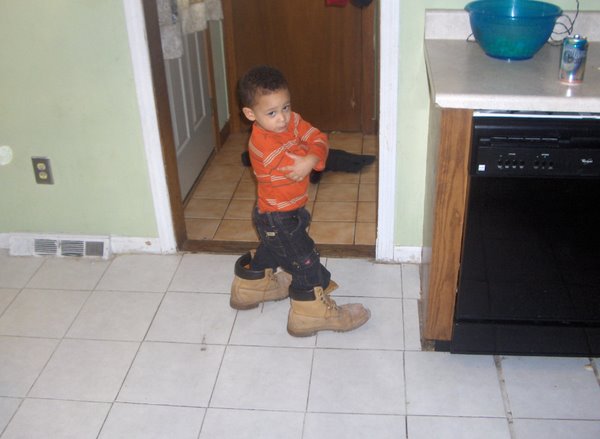Saturday, June 30, 2007
Paul Harris, a professor at Harvard's Graduate School of Education, says there are two very different ways to define imagination. "You can either see it as disappearing or waning during childhood, or you can see it the way I do, as persisting throughout life," Harris says. The message in his book, "The Work of the Imagination," is this: "Suppose we think of pretend play and fantasy as something that's quite characteristic of young children -- it makes them playful and endearing but doesn't really contribute to their later cognitive development and by adulthood it has in some sense disappeared. I tried to argue that this is wrong," Harris said. "Human beings have a gift for fantasy, which shows itself at a very early age and then continues to make all sorts of contributions to our intellectual and emotional life throughout the lifespan."
Subscribe to:
Post Comments (Atom)








2 comments:
I think that we should all search to find the child within us and try to recapture our imaginations.
I have found that the students I work with who has been given the permission to freely imagine was far better off. During therapy they were able to imagine things being better and clearly visualize how. The most important part was that the parents too dared to go on the imaginary trip with them...not only did they have permission but they did not feel alone while doing so. I think it is great.
Post a Comment